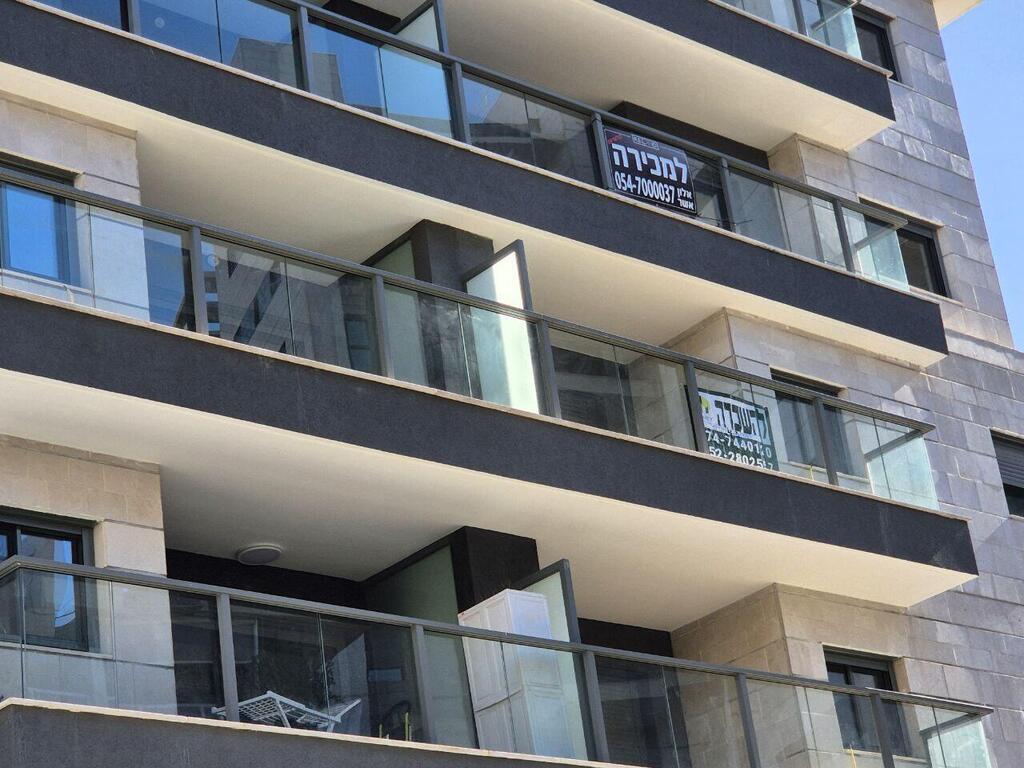Foreign residents played an outsized role in Israel’s real estate tax revenues in 2024, contributing 432 million shekels—15% of the total purchase tax collected on investment apartment deals. Though they accounted for just 10% of such transactions, their full-tax obligations and high purchase prices helped offset a sharp overall decline in market activity.
A new report released by the Economic and Planning Division of the Israel Tax Authority reveals key trends in the real estate market and taxation revenues between 2021 and 2024. The data highlight a significant slowdown in real estate activity that began in early 2023, deepened following the outbreak of the Iron Swords War, and began showing signs of recovery in mid-2024—largely driven by investors and foreign buyers.
Due to the sharp cooling of the market in 2023, revenues from real estate transaction taxes dropped substantially. Purchase tax collections fell by 43%, while capital gains tax revenues declined by 49% compared to the record-breaking year of 2022. The downturn reflected a widespread freeze in market activity, particularly after the start of the war in October.
However, the first signs of recovery appeared in the second half of 2024. By year-end, purchase tax revenues had increased by 16% compared to 2023, signaling renewed buyer activity. Capital gains tax revenues, meanwhile, continued to decline but at a slower pace—just 5% lower than the previous year.
The review also found a significant rise in the prices paid by investors. Among buyers who already owned at least one property, the median price of an investment apartment rose 11% in 2023, reaching 2 million shekels. In the first half of 2024, the median increased another 14% to 2.3 million shekels. The Tax Authority noted that this price hike was not observed in land purchases or in homes bought by first-time buyers or homeowners upgrading their residence.
Get the Ynetnews app on your smartphone: Google Play: https://bit.ly/4eJ37pE | Apple App Store: https://bit.ly/3ZL7iNv
The data also highlight a sharp disparity between the prices paid by foreign residents and new immigrants for investment properties, compared with veteran Israeli investors. In 2023, new immigrants paid a median price that was 73% higher than the general median for investment apartments. Foreign residents paid slightly less than new immigrants but still 71% above the overall median.
Although both groups paid significantly higher prices, foreign residents had a greater impact on purchase tax revenues. In 2023, they accounted for 10% of all investment apartment purchases, compared with just 1% by new immigrants. Because foreign buyers are required to pay full purchase tax, they contributed 432 million shekels in tax revenue from investment apartment transactions—15% of the total.
The report underscores the resilience of foreign investment in Israel's real estate market, even amid broader economic challenges. While overall transaction volumes remain below peak levels, the influx of capital from foreign buyers and new immigrants has provided a crucial boost to the sector, signaling potential avenues for recovery and growth in the coming years.



